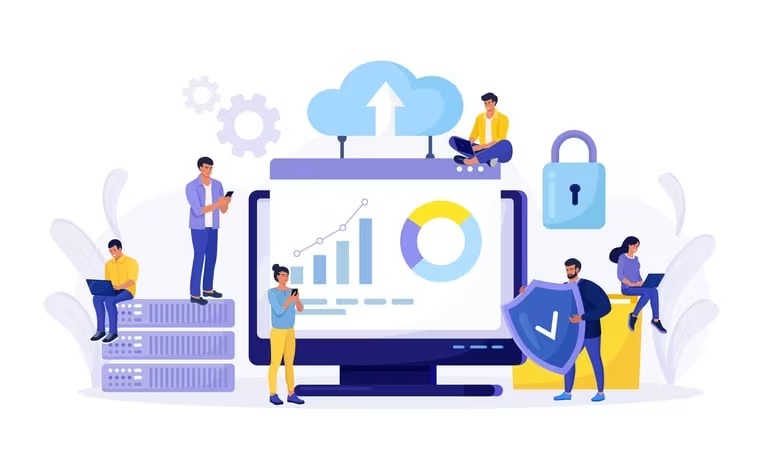
Private notes- Key to secure messaging in the digital age
Traditional messaging platforms have been scrutinized with the proliferation of cyber threats, data breaches, and privacy concerns. While these platforms offer convenience and connectivity, they often lack robust security measures to protect user data from unauthorized access. This is where private notes emerge as a game-changer, providing individuals and organizations with a secure alternative for exchanging sensitive information.
A private note is a form of encrypted messaging that ensures only the intended recipient accesses the message’s contents. Unlike regular messaging apps, private notes employ advanced encryption techniques to safeguard the confidentiality and integrity of the transmitted data. By leveraging state-of-the-art encryption algorithms, private notes render the message unreadable to anyone except the intended recipient, even if the message is intercepted during transmission.
Key features of private notes
Private notes implement end-to-end encryption, meaning the message is encrypted on the sender’s device and can only be decrypted by the recipient’s device. This eliminates the possibility of intermediaries, such as service providers or hackers, accessing the message’s contents.
- Many private note platforms offer the option of setting an expiration time for messages. Once the specified time elapses, the message automatically deletes it, leaving no trace behind. This feature is particularly for sharing time-sensitive information or maintaining the confidentiality of conversations.
- Unlike traditional messaging apps that store user data on servers, private note platforms prioritize user privacy by minimizing data retention. Messages are typically stored only on the user’s device and are not backed up on any central server, reducing of data breaches or unauthorized access.
- Private notes often allow users to communicate anonymously or under a pseudonym, further enhancing privacy. By not requiring personal information during registration, private note platforms enable users to maintain anonymity while engaging in secure communication Check This Out.
- Many private note platforms embrace transparency by making their source code available for public scrutiny. This allows security experts and the broader community to audit the code, identify potential vulnerabilities, and contribute to the platform’s continuous improvement.
Implementing private notes in practice
Adopting private notes for secure messaging is straightforward and accessible to individuals and organizations alike. Numerous private note platforms, such as Privatenoter, offer user-friendly interfaces and cross-platform compatibility, allowing seamless integration into existing communication workflows.
To get started, users must choose a reputable private note platform, create an account, and send encrypted messages to their intended recipients. The process is intuitive and requires no technical expertise, making private notes accessible to many users.
Businesses, in particular, greatly benefit from incorporating private notes into their communication strategies. By leveraging private notes for sensitive discussions, confidential data sharing, and internal communications, organizations improve their security posture and protect valuable information from unauthorized access.
Private notes can be utilized in various sectors, including healthcare, finance, legal services, and government agencies, where the protection of sensitive data is of utmost importance. By embracing private notes, these industries comply with privacy regulations, maintain client confidentiality, and fortify their security infrastructure.
